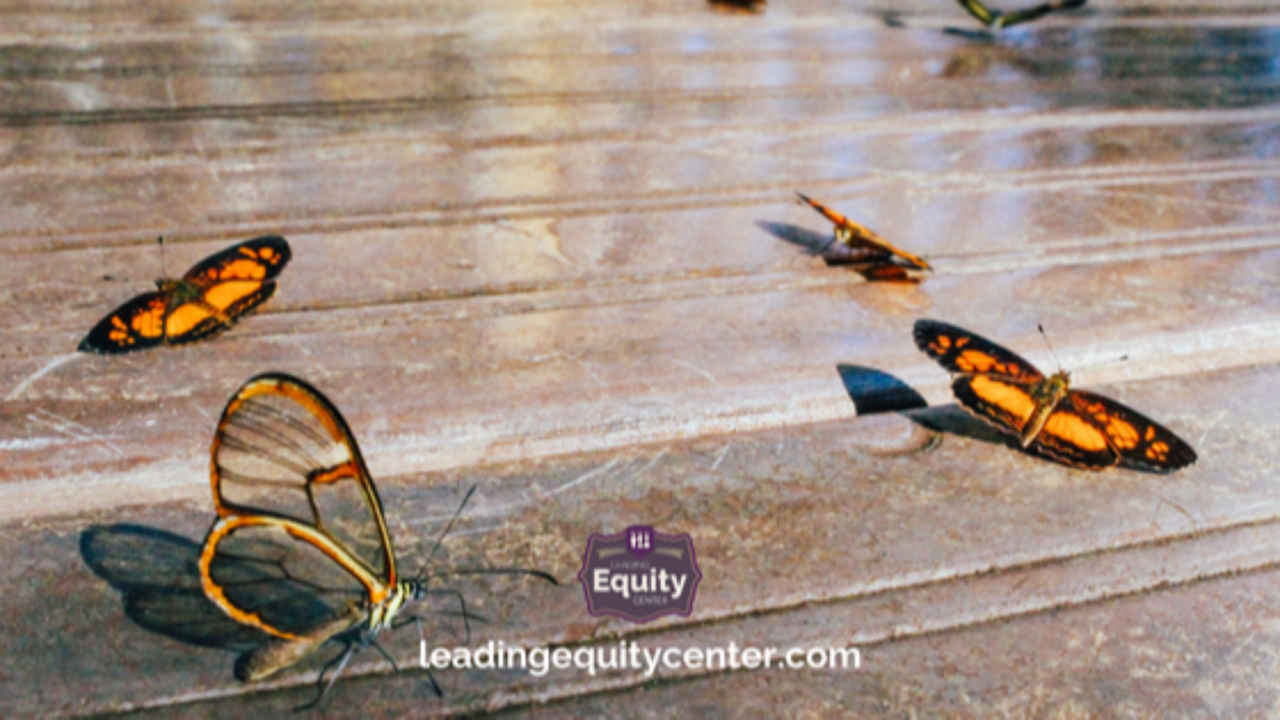I hope you are all taking some time to rest and process.

Hey Advocates,
I'm headed to Anaheim, CA, for the 2022 CEL (Conference on English Leadership) Convention tomorrow. I'll be one of the keynote speakers. If you are planning to attend, let me know!

With gun violence in the United States this week affecting the University of Virginia school community, I hope you are all taking some time to rest and process. My heart is with their community as they navigate these difficult times. During these times of tragedy, it is essential to give yourself grace as the things that happen, regardless of proximity, around us do impact us in big and small ways.
This week, as I was glancing through the news on my phone, I found "U.K. Tells Schools They Can't Ban Afro Hairstyles" by Emma Bubola. Bubola looks closely at Ruby William's case, then 14 years old, with her former school, the Urswick School in Hackney, where a teacher sent her home after her Afro was too big, "recommending some chemicals straighten her hair." Ruby was told she needed to braid her hair to return to school.
Unfortunately, Ruby's case is not unique. She is one of many other cases of Black and mixed-race students who have been unfairly singled out and disciplined for their natural hairstyles. Therefore, prompting Britain's equality regulator, the Equality and Human Rights Commission, to clarify whether the Equality Act applies to hair when connected to race or ethnicity, as it was not specified. The Equality and Rights Commission said it's obvious it would be applicable.
With the help of the commission, Ruby's family sued the school. Although Ruby, now a university student, has received an out-of-court settlement, her former school has yet to acknowledge their wrongdoings publicly. However, they did remove any mention of Afros in their uniform policy. Since the incident, Ruby reports she developed anxiety and depression and suffers from panic attacks that still affect her today.
As reported in the article, in 2019, American states began to pass bans on discrimination based on natural and protective hairstyles. The Creating a Respectful and Open World for Natural Hair (CROWN) Act passed the United States House of Representatives on September 21st, 2020, becoming a bill. Now on its way to the federal level to the Senate. If it passes in the Senate and then the president, it will become law and be applicable in all 50 states.
Ms. Williams stated, "You shouldn't have to change your hair to get an education," and I couldn't agree more. I'd love for someone to show me data that reveals hairstyles may negatively impact a student's academic ability. Instances like these, where our students' identities are invalidated and told they are not presentable, have much more long-lasting effects than just the moment. As U.S. Representative John Lewis said, "Scars and stains of racism are still deeply embedded in American society," I would argue that they are deeply embedded beyond American society. So in what ways are we challenging these racist and discriminatory practices? What role do we want to play? Because we are only in control of our own attitudes, perspectives, and behaviors. So, how will you use your newfound knowledge, your privilege? Your power? As I ask you, I am also asking myself.
That's all this week,
Sheldon

